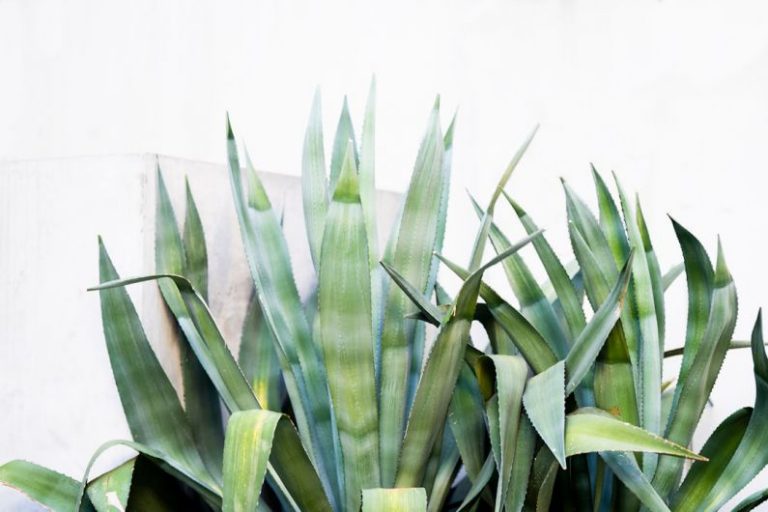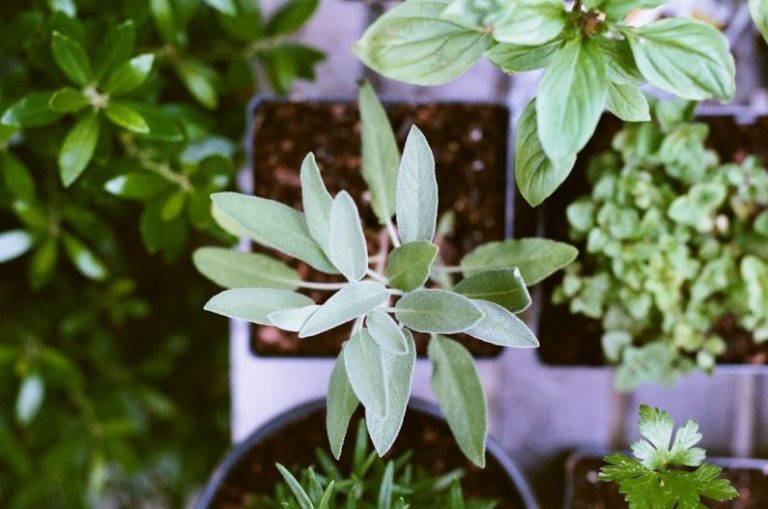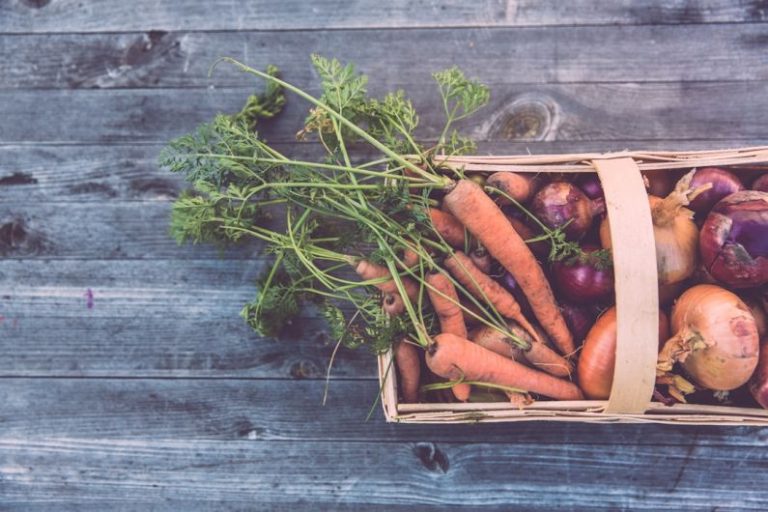The Basics of Composting
Composting is a simple yet effective way to recycle organic waste and create nutrient-rich soil for your garden. By utilizing kitchen scraps, yard trimmings, and other biodegradable materials, you can reduce waste sent to landfills and nourish your plants naturally. Whether you’re a seasoned gardener or just starting out, understanding the basics of composting can help you get started on this eco-friendly practice.
The Benefits of Composting
Composting offers a range of benefits for both the environment and your garden. By diverting organic waste from landfills, you can reduce methane emissions and lower your carbon footprint. Additionally, composting enriches the soil with essential nutrients, improves soil structure, and enhances water retention, leading to healthier and more productive plants. Moreover, composting can help suppress plant diseases and reduce the need for chemical fertilizers, making it a sustainable gardening practice.
Choosing a Compost Bin
Before you start composting, it’s essential to select a suitable compost bin. There are various types of compost bins available, including basic bins, tumblers, and worm bins. Basic bins are cost-effective and easy to use, while tumblers provide faster decomposition and better aeration. Worm bins, also known as vermicomposting bins, utilize worms to break down organic matter quickly. Choose a compost bin that fits your space, budget, and composting needs to get started on the right foot.
What to Compost
When it comes to composting, knowing what you can and cannot compost is crucial. The key to successful composting lies in maintaining a balance of green (nitrogen-rich) and brown (carbon-rich) materials. Green materials include kitchen scraps like fruit and vegetable peels, coffee grounds, and grass clippings. Brown materials consist of dry leaves, straw, paper, and cardboard. Avoid composting meat, dairy, oily foods, and pet waste, as these can attract pests and create odors. By layering green and brown materials in your compost bin, you can promote decomposition and create high-quality compost.
Composting Process
To kickstart the composting process, begin by layering green and brown materials in your compost bin. Ensure that the pile is moist but not waterlogged, as proper moisture levels are essential for decomposition. Turning the compost regularly helps aerate the pile and speed up decomposition by introducing oxygen. As the materials break down, the compost pile will heat up, indicating that the microbes are actively decomposing organic matter. Over time, the compost will mature into a dark, crumbly material that resembles soil, ready to be added to your garden beds.
Troubleshooting Common Issues
While composting is a straightforward process, you may encounter some common issues along the way. Foul odors in your compost bin can indicate anaerobic conditions caused by compacted materials or excessive moisture. To remedy this, turn the compost more frequently and add dry brown materials to improve aeration. Pests like flies and rodents may be attracted to your compost pile if you add meat or oily foods. To deter pests, avoid composting these materials and ensure your compost bin has a secure lid. If your compost pile is slow to decompose, check the balance of green and brown materials and adjust as needed to promote faster decomposition.
Using Compost in Your Garden
Once your compost has matured, it’s time to reap the rewards of your efforts by incorporating it into your garden. Spread a layer of compost over your garden beds to improve soil fertility, structure, and moisture retention. Compost can also be used as a mulch to suppress weeds, regulate soil temperature, and protect plant roots. By regularly adding compost to your garden, you can create a thriving ecosystem that supports healthy plant growth and reduces the need for synthetic fertilizers.
Incorporating composting into your gardening routine is a sustainable way to reduce waste and enhance the health of your garden. By following the basics of composting and troubleshooting common issues, you can create nutrient-rich soil that nourishes your plants and promotes a greener environment. Start composting today and enjoy the benefits of this eco-friendly practice in your garden.






